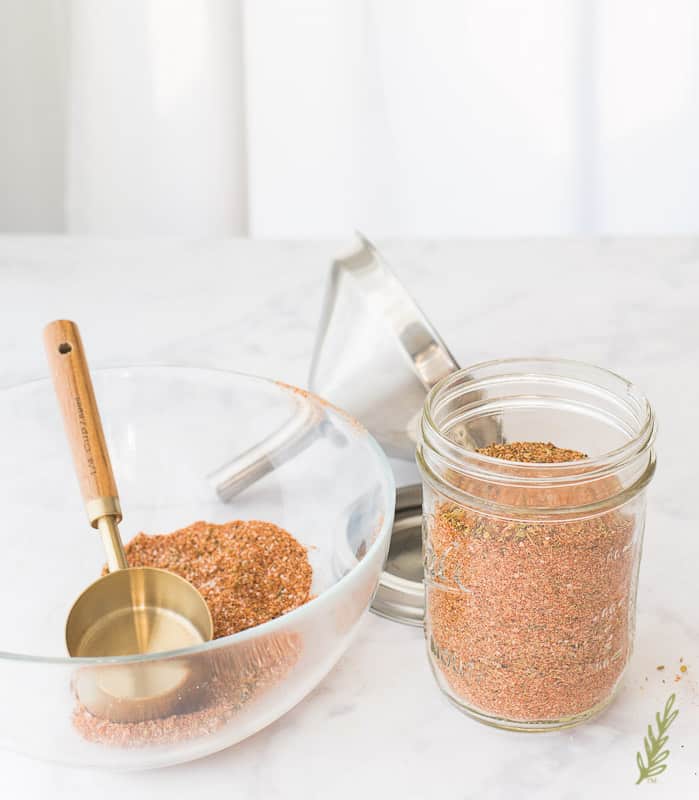 I’m notoriously cheap. Don’t get me wrong, your girl loves her some clothes, shoes, and quality kitchen tools. But, the thought of paying for something that I know I can make at home destroys my soul. That may be a smidge dramatic, but it’s true. I can’t fathom paying loads of money for the same thing I can make at home, and with ingredients I know, in an environment I trust. If you follow me on Facebook, you know that I’m always sharing food recalls. Food recalls are the result of food that’s had many handlers, unclean environments, and machines. It’s something that’s inevitable. I try my best to avoid fretting over it by making as much of what we consume myself. This is also the best way I know to save money. Enter Meat Spice Blend
I’m notoriously cheap. Don’t get me wrong, your girl loves her some clothes, shoes, and quality kitchen tools. But, the thought of paying for something that I know I can make at home destroys my soul. That may be a smidge dramatic, but it’s true. I can’t fathom paying loads of money for the same thing I can make at home, and with ingredients I know, in an environment I trust. If you follow me on Facebook, you know that I’m always sharing food recalls. Food recalls are the result of food that’s had many handlers, unclean environments, and machines. It’s something that’s inevitable. I try my best to avoid fretting over it by making as much of what we consume myself. This is also the best way I know to save money. Enter Meat Spice Blend
The A- I received in my Food and Beverage Purchasing Lab in culinary school (thanks Chef Marrero) helped me figure out the cost of my meat spice blend vs. a popular blend sold in stores. At twenty cents an ounce mine is, hands down, cheaper to make. The comparable spice blend (comparable in terms of taste and quality) comes in at a whopping dollar sixty-five an ounce. Uh…yeah, I stick with mine. Considering that the chore of going to the store and buying the spice blend, then wrestling with that god-forsaken packaging, adds even more work- the blending of my spice blend is mere child’s play.
Easiest Meat Spice Blend You’ll Ever Make
This has to be my easiest recipe to date. Even my Middle Eastern and Garam Masala spice blends aren’t as easy as this meat spice blend. Don’t get me wrong- they’re amazing spice blends- humility be damned. But they do require the heating and grinding of whole spices. This spice mixture just requires the measuring and mixing of ground spices.
To begin, grab all the prep bowls you own and measure out the spices (pictured clockwise): cayenne pepper (which is optional), garlic powder, onion powder, kosher salt, black pepper, ground coriander, cumin, chili powder, and paprika. Not pictured are dried oregano and thyme leaves.
Combine the Spices that Complement Meat:
Kosher Salt
Begin with the salt- the base and main seasoning in the meat spice blend. I use kosher salt, exclusively, in my kitchen. Iodized salt got the axe a while back because I had a hyper thyroid. I kept it out because I think kosher salt tasted better, and it’s also less processed. If you have an iodine deficiency (or a hypothyroid) you can switch out the kosher salt for regular table salt. You’ll need to decrease the amount of salt by a quarter cup because table salt has a sharper salty taste than kosher does. Sea salt I wouldn’t recommend because of how expensive it is. I reserve sea salt for sprinkling on meats by itself.
Ground Black Pepper
There are five types of peppercorns that are used in the kitchen. White, pink, red, green, and black, which is the most common. Well, it’s not true that there’s five- green and black peppercorns are one in the same. The latter is just a green peppercorn that’s been dried. In its dried state it becomes more pungent. It is the most versatile of the peppercorns because it doesn’t impart a distinctive flavor like the others do.
Since I buy my black pepper whole (peppercorns), I grind mine as needed. But, you can just use ground black pepper. Add the pepper to the bowl with the kosher salt.
Ground Coriander
So, you may or may not know this, but, coriander is the seed of the cilantro plant. It’s what the cilantro leaf grows from, so whenever I have people who hate the taste of cilantro, I recommend the use of ground coriander to replace it. They really do have two different, distinct flavors in spite of being the same beast. Coriander is great for meat spice blends because it gives an umami flavor to everything it’s added to. If you can’t find ground coriander, you may need to buy the whole seeds and grind them yourself.
Be sure to toast them prior to grinding, as warming whole spices maximizes their flavors. If you do warm your spices, be sure to cool the spice before grinding. You don’t want to grind hot spices, because doing so will steam them. This later introduces moisture to your spice blend, which causes the spice blend to develop mold and go bad. No bueno.
Add the coriander to the two spices already in the bowl.
Ground Cumin
Cumin has to be one of my top ten favorite spices- yes, I have those types of lists. It’s another spice that has a warm flavor profile and is adds greatness to so many recipes. It’s easily mistaken for caraway in its appearance- but woe to the person who finds out the flavors are wildly different! WOE!! (It’s not really that serious, I just have a flair for the dramatic) Anyway, cumin is a great spice to use in meat spice blends because it goes well with all sorts of meats- especially pork.
Toss the cumin into the bowl.
Chili Powder
I think I was fourteen when I learned that chili powder isn’t just a ground chili pepper. Instead, it’s a blend of five, or more, spices. Every brand has its own proprietary blend of spices, but the main ingredient is chili pepper- often two. Be sure to use a mild chili powder (anything that’s labeled “Chili Powder” should be safe) to create the most versatile meat spice blend. Anything labeled “spicy” or “hot” is something you want to avoid- unless you like seasoning your meat spicy all the time. Since I’m cooking for the twins (and often others), I leave my spice blends mild and add spiciness to order.
Paprika
This is another spice you want to be careful about. Plenty of people have made the innocent mistake of picking up hot paprika, believing there wouldn’t be too much of a difference in flavor. They were wrong. Like, really wrong. Even I- a lover of spicy (with an ulcer to prove it)- felt the difference. Again, if you want to make a spicy meat blend- have at it and use hot paprika. But, I would play it safe and use regular paprika, or even sweet paprika.
Paprika is a red bell pepper that’s been dried and ground up, so using regular paprika (or sweet) should impart no spiciness, at all. Add the paprika to the spices in the bowl.
Cayenne Pepper
The main reason I’m shying away from spicy chili powder and paprika is cayenne pepper. I enjoy a hit of spice in my meat recipes. It adds a dimension of flavor without making me want to tear out my tongue. That said, if I were to add even this small amount of cayenne to my meat spice blend, on top of adding a spicy chili powder and paprika, the final result would make anything I season it with too spicy. That would lead to the Twinks talking about, “It’s too spicy! My mouth is burning off!!” and we’d have issues. So, I use mild everything else, and use cayenne to add a subtle kick.
Another way to add a punch of heat is to use red pepper flakes. Those I would add in place of the cayenne, though, not in addition to it.
Granulated Onion
So, the difference between onion powder and granulated onion is night and day. Not in terms of flavor, but in terms of frustration. I don’t use onion powder- ever. It annoys the crap out of me. It clumps when you add it to liquids, it flies all over the place, and in the past, I’ve humiliated myself by inhaling it when I measured it out. Onion powder is stupid.
Instead, I use granulated onion (and garlic), which is dried onions that have been ground a bit coarser than powder is. It’s an easy way to get that oniony flavor, which is great on meats.
Granulated Garlic
Just as with the onion powder (and for the same reasons), I only use granulated garlic in my kitchen. It’s a spice that I use almost as much as I do salt and pepper. I was once asked why I use it instead of fresh garlic in some recipes. It’s due to laziness, pretty much. I can get the same flavor without having to peel and mince fresh garlic. In a pinch, this is my go-to way to add garlic to my dishes.
What’s the Best Way to Mix the Meat Spice Blend?
Once I’ve added the spices, I give it a good mix using my whisk. I prefer to use a whisk over a spoon because I want those spices evenly distributed throughout the spice blend. Don’t use a blender or food processor because you don’t want to turn this into a powder. See my onion powder rant above.
Add the Herbs
The final two ingredients in this meat spice blend are dried oregano and thyme leaves. Sage is better for pork and poultry, whereas rosemary is better for beef, lamb, and poultry. Because of that, I opted for the two herbs that I know will go well with all types of meats. Oregano and thyme are the two herbs that are versatile enough to season all ’em.
I add the herbs after I mix the spices because they weigh less and tend to not get mixed in as evenly as the heavier spices. You’ll see that when you transfer the spice blend to its storage container. For this same reason, you need to be sure to give the meat spice blend a shake prior to using it. Give the spice mixture another whisk after adding them.
How do I Package A Meat Spice Blend?
After blending everything together, grab a funnel and use a measuring cup to transfer the spice blend to a mason jar if you’re keeping it for yourself, or to glass jars (if you want to gift it). Gifting this spice blend has been a hit for my friends. With BBQ season around the corner, pairing a jar of your homemade spice blend with a grilling utensil set, a nifty thermometer, and my cookbook (of course) is a great gift idea. I mean, Father’s Day is right around the corner, my friend.
How Long and Where Should I Store My Spice Blends?
As with all spice blends, your jar of meat spice blend should be kept in a cool, dark place to maintain freshness and to keep it from clumping excessively. Because this spice blend doesn’t contain preservatives or anti-caking agents (like most commercial spice blends do), it will clump a little bit, but you can resolve that by shaking it before use. Try to avoid storing your spices (all of them, not just this one) close to your stove or any other source of heat, or in direct sunlight. Heat and sun rays will release the spices’ oils making the spice blend less potent. Humidity is any spices enemy, so keep it in a dry area of the kitchen- the pantry is pretty much the safest location for all of your spices.
Use this spice blend in any recipe that has meat! It’s best used within six months, but is safe to use up to a year after blending. I hope you love using this Meat Spice Blend and the money it’ll save you! Pin it and share with your meat-loving, money-saving crew.
**This post contains affiliate links. To find out what that means to you, please read my disclosure page**
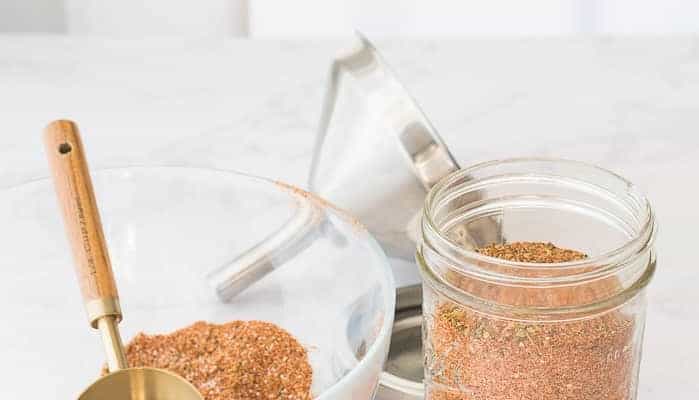
Meat Spice Blend
at Sense & EdibilityIngredients
- 1/2 cup kosher salt
- 1/4 cup paprika
- 1/4 cup granulated garlic
- 1/4 cup granulated onion
- 2 tbsp ground black pepper
- 2 tbsp ground coriander
- 2 tbsp dried oregano leaves
- 2 tbsp dried thyme leaves
- 1 1/2 tbsp ground cumin
- 1 tbsp chili powder
- 1/2 tbsp cayenne pepper optional
Instructions
- Combine all the spices in a medium size bowl. Stir well to combine evenly.
- Pour into a mason jar or a spice jar with a tight-fitting lid.
- Store, in a cool, dry area for 6 months to 1 year.
- Use as needed.
Nutrition
Here are Some Great Recipes to Use Your Meat Spice Blend in:
Grilled Pork Chops w-Blueberry Balsamic BBQ Sauce
Grilled Caribbean Wings
This recipe was originally published on October 12, 2016. I’ve updated it with snazzy new images. The recipe is still same.

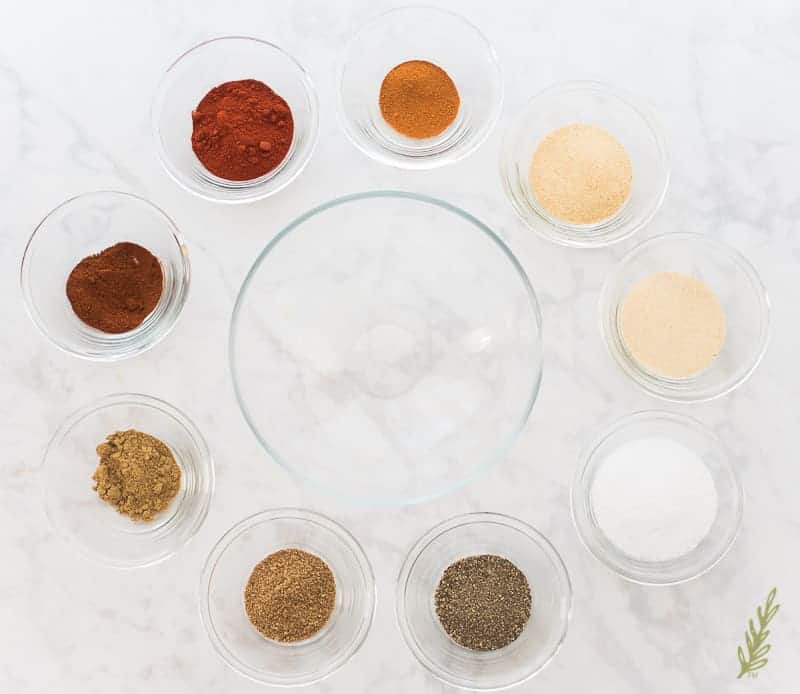
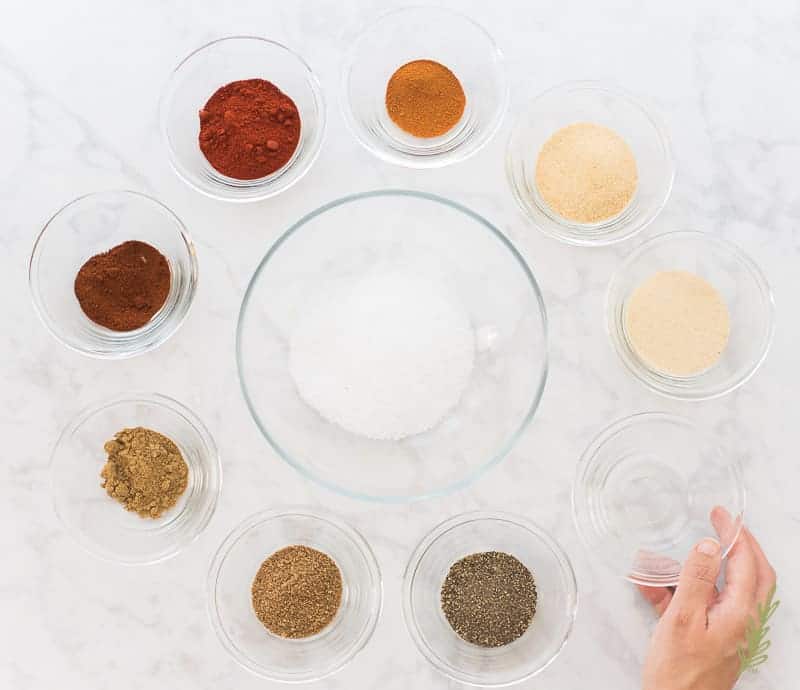
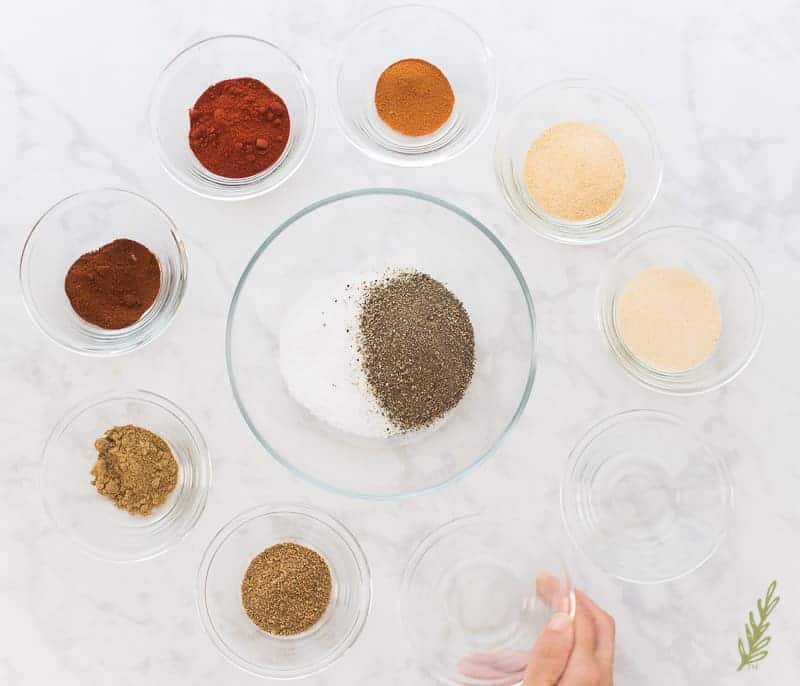
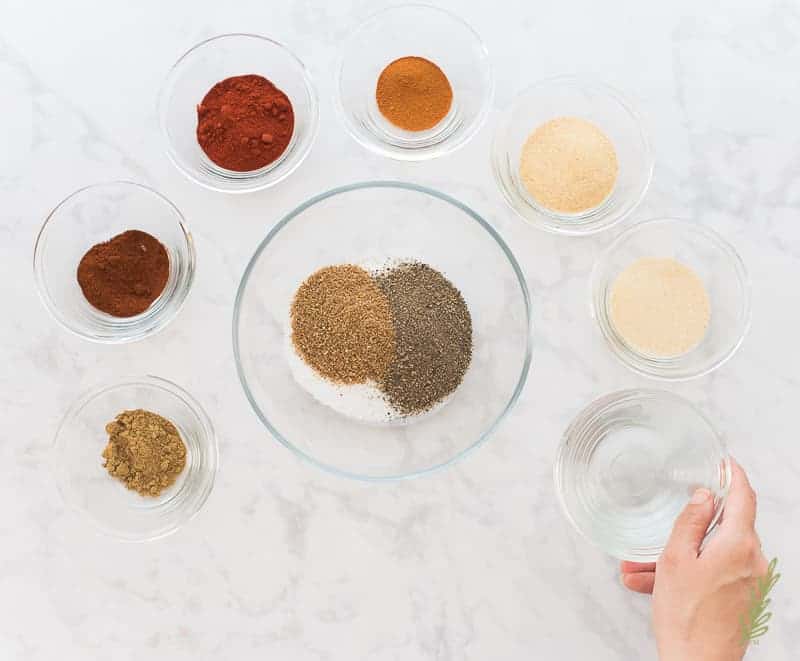
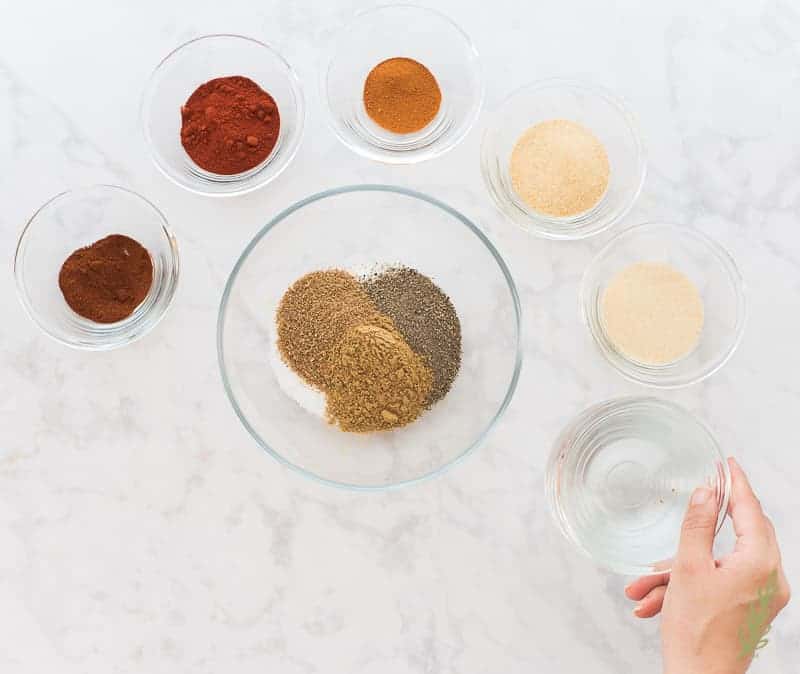
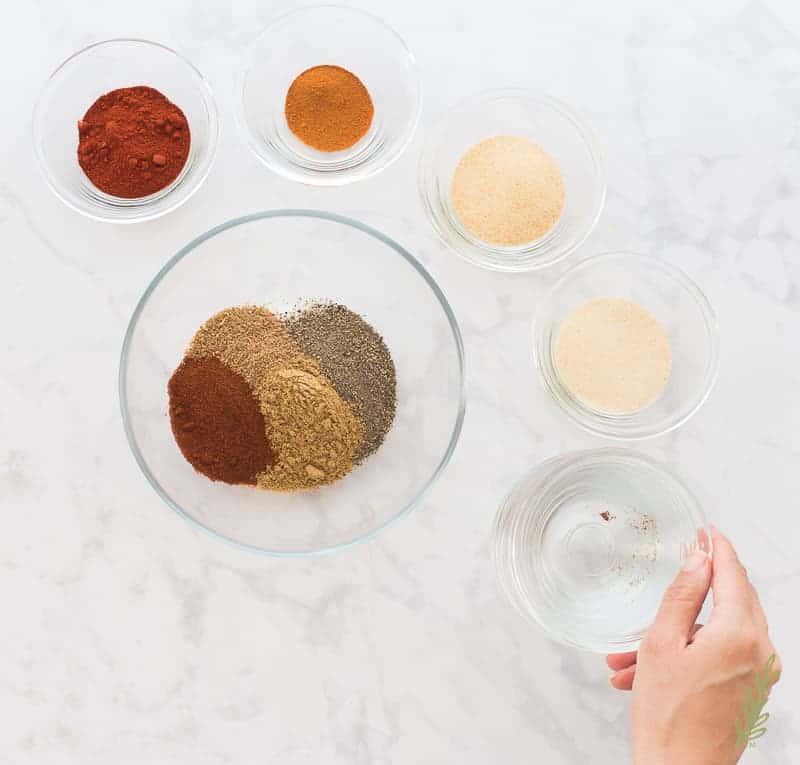
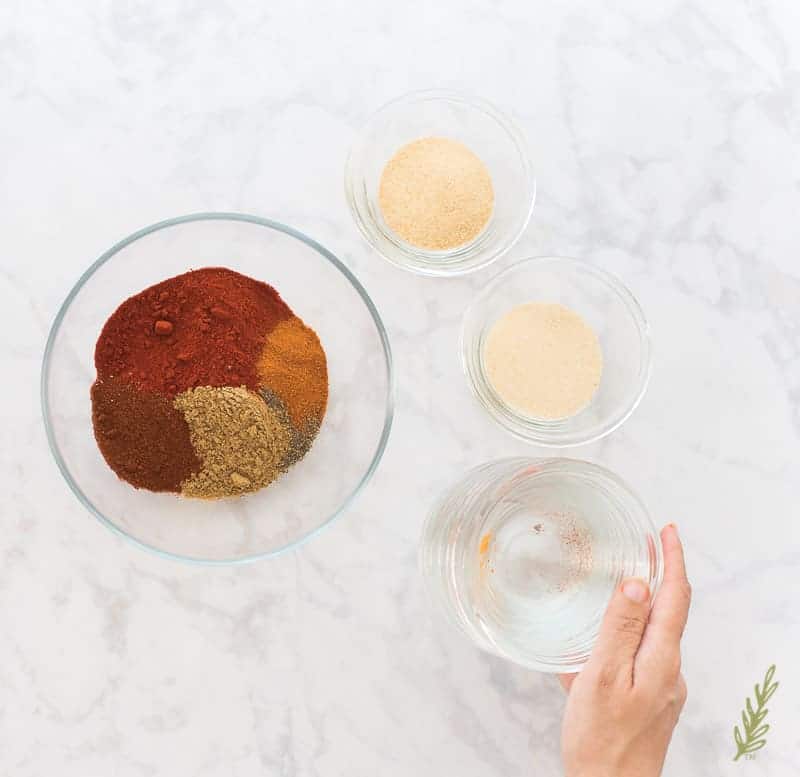
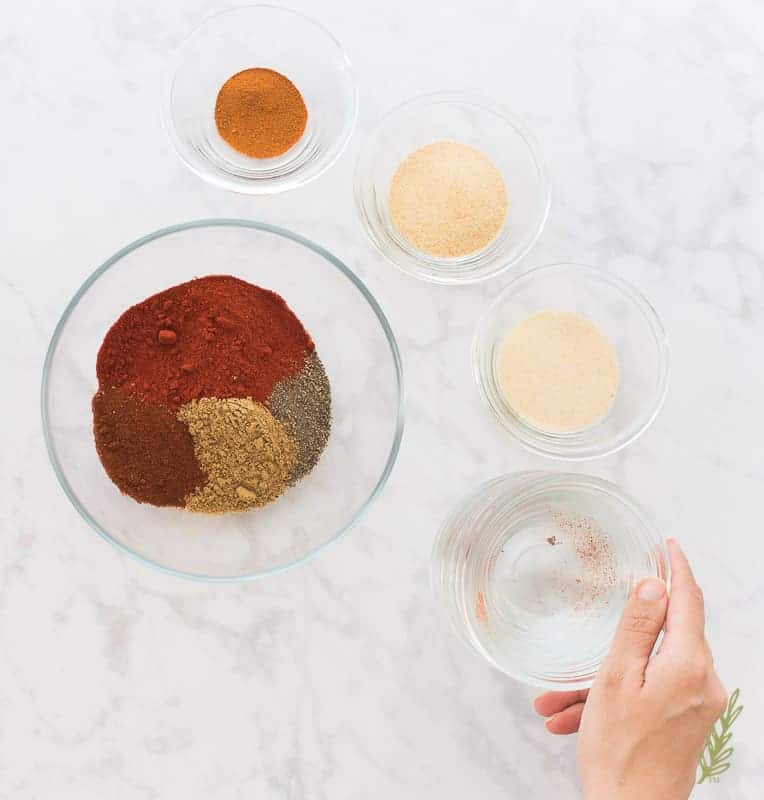
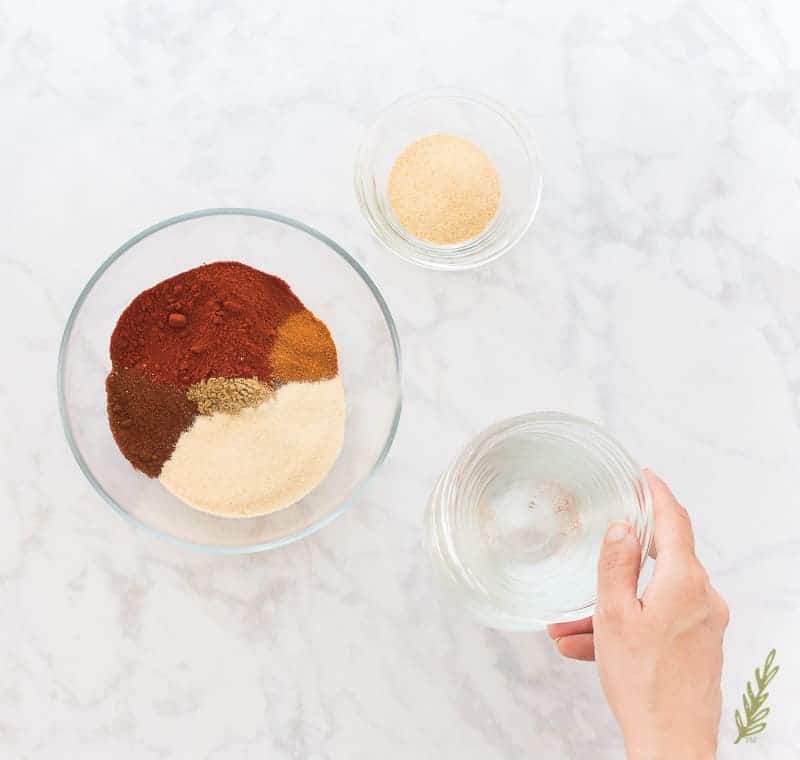
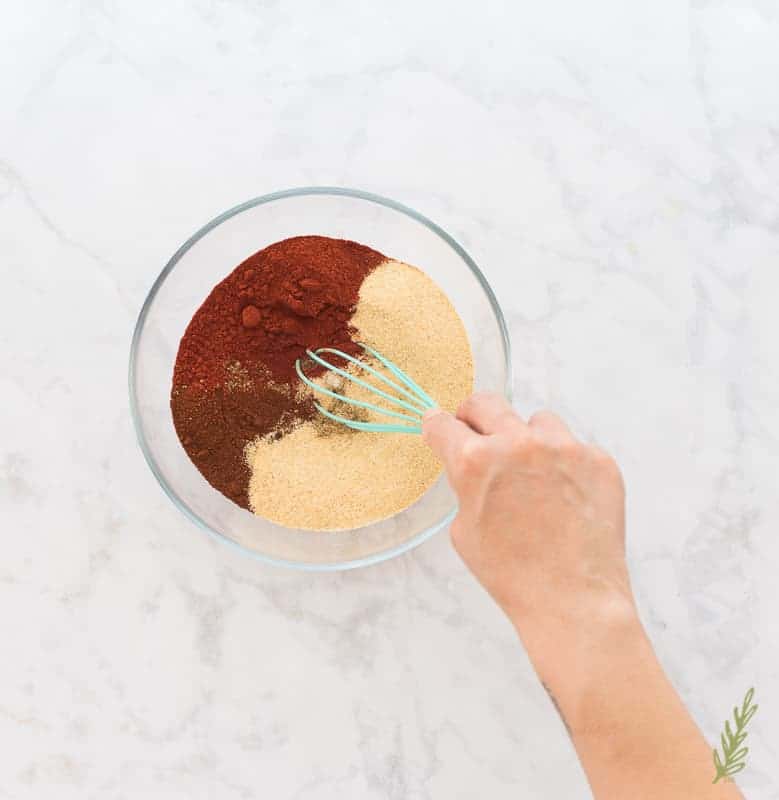
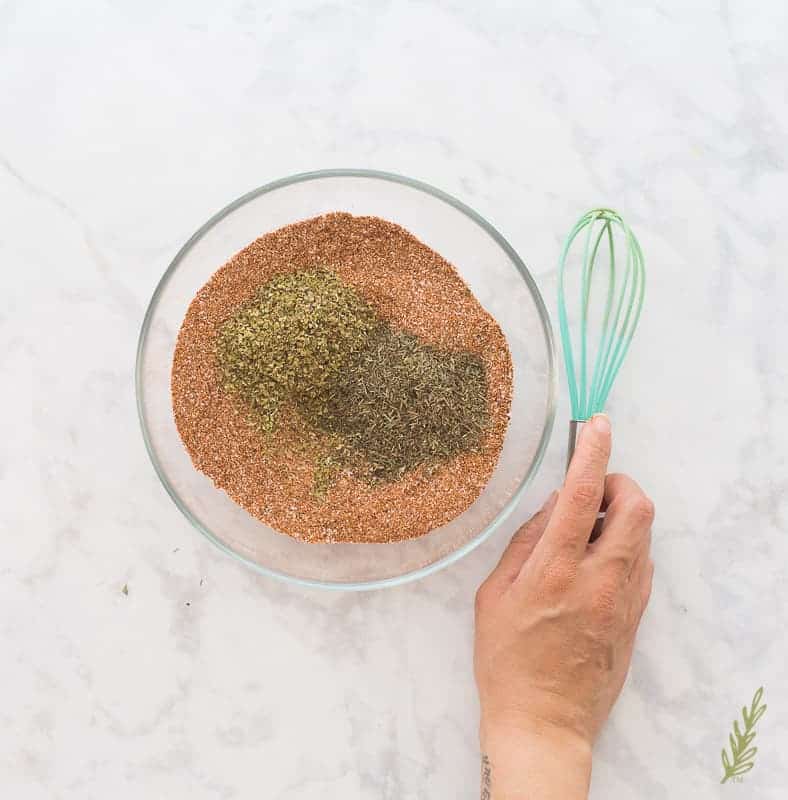
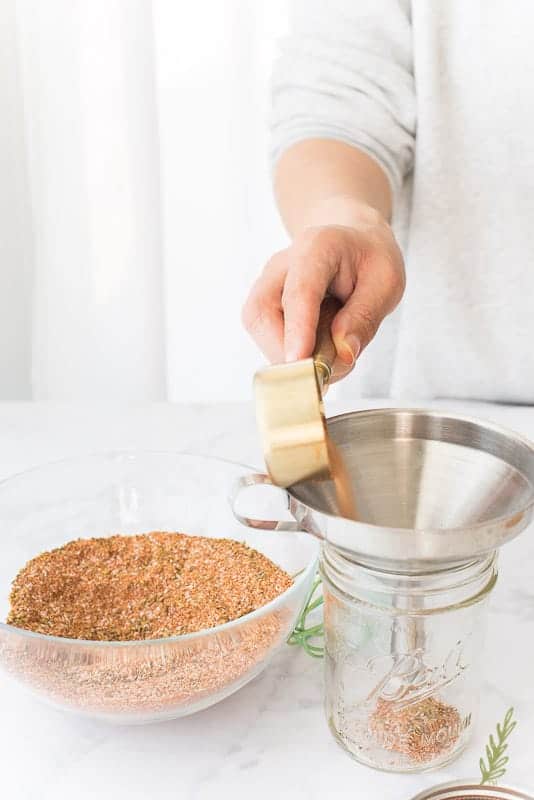
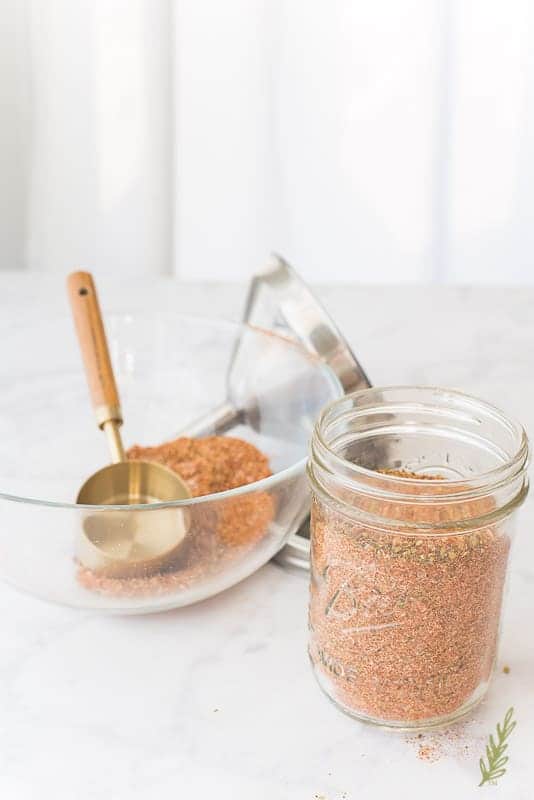
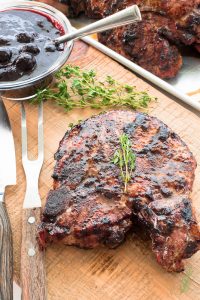
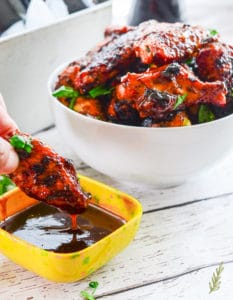
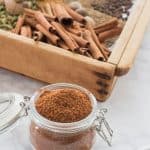
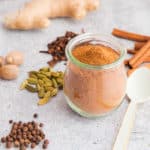
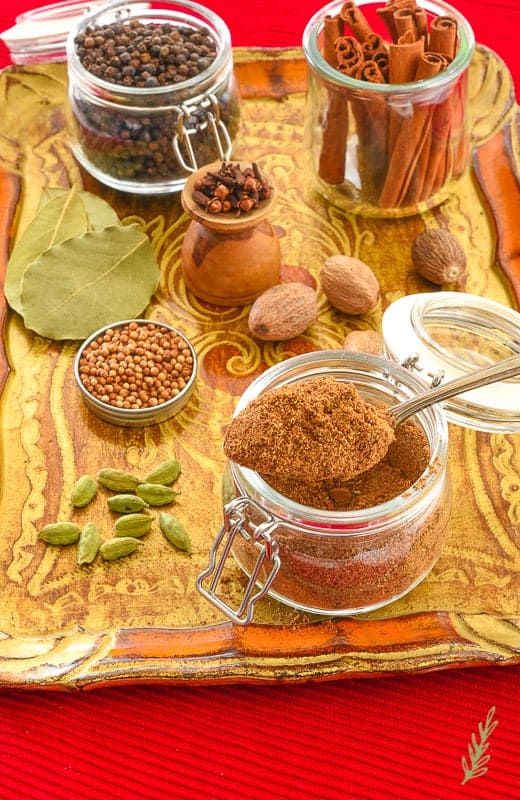
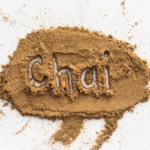

This is now a kitchen staple at my house!
You know that’s how we get down!
Best mixture,you are really the best chef
Thanks!
I love the idea of bottling these up and gifting them for the holidays.Mother’s day is coming up and these would be lovely for the mother foodie on your list.
Right!! What mom wouldn’t love to receive something so practical and homemade, to boot?
We eat a lot of spiced chicken in our house. Will be giving this a try!
I know you’ll enjoy it, Amanda!
This looks amazing, Marta! I’ve never used so many spices when cooking but I’d love to try it for a change.
Oh, definitely! Food comes alive when you use the right spices on it!
I love a good spice blend that is versatile. And I love the way you showed how to make it through photographs!
Thanks, Justine! I try to make things as easy to understand as possible. I’m glad the images help!